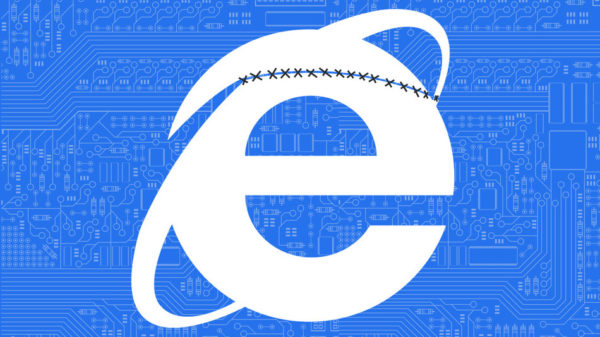It’s been the better part of a week since Microsoft revealed that virtually every single version of its Internet Explorer Web browser was vulnerable to a particularly nasty attack, one so scary that U.S. Homeland Security recommended people not use the browser until the hole is patched.
Now, it is: Microsoft will deliver the patch for all versions of Internet Explorer on Thursday (including Windows RT). Windows XP, which Microsoft discontinued support for on April 8, will get a patch, too. If you have automatic updates turned on, you won’t need to take any action to get the security patch.
But even as the fix slides into computers around the world, questions remain about Internet Explorer’s future viability in the marketplace. There was, to be certain, a whisper campaign about this marking the beginning of the end. However, some industry experts don’t see this as a watershed moment for the once-dominant Web browser.
“I don’t expect a huge backlash on Internet Explorer’s market share,” said Gartner security analyst Lawrence Pingree. “In fact, I think this helps drive adoption of upgrades to Windows 7 from XP.”
Pingree suggested that Homeland Security probably made its recommendation because it was worried that Windows XP wouldn’t get a patch, which would leave users without a choice.
Still, industry watchers know Microsoft needed to move fast. “Browsers are essential to the Web, and if it becomes vulnerable, people will lose trust in it,” said Tim Bajarin, the president of Creative Strategies. “Microsoft and all browser vendors must be more vigilant and deal with any holes fast and judiciously.”
Once the leading Web browser, Internet Explorer has lost significant ground in recent years, mostly to Google’s Chrome. Now, at roughly 58 percent of global browser usage market share, it has only the slimmest margin over competitors, according to Net Applications.
Read the full story at mashable.com



